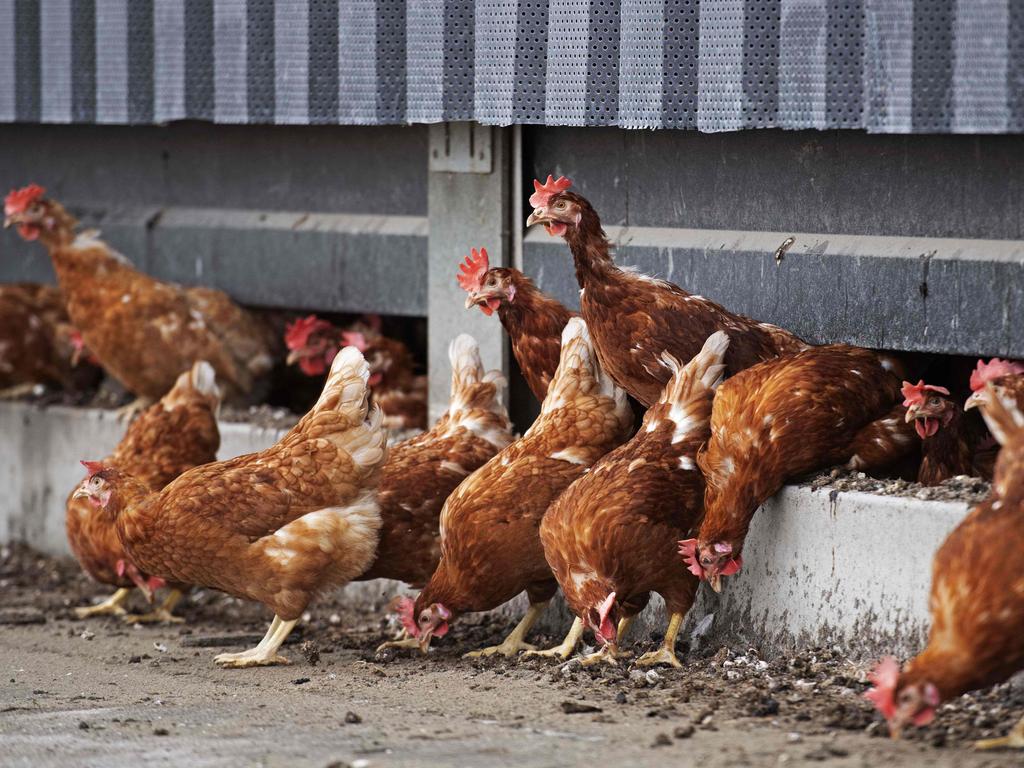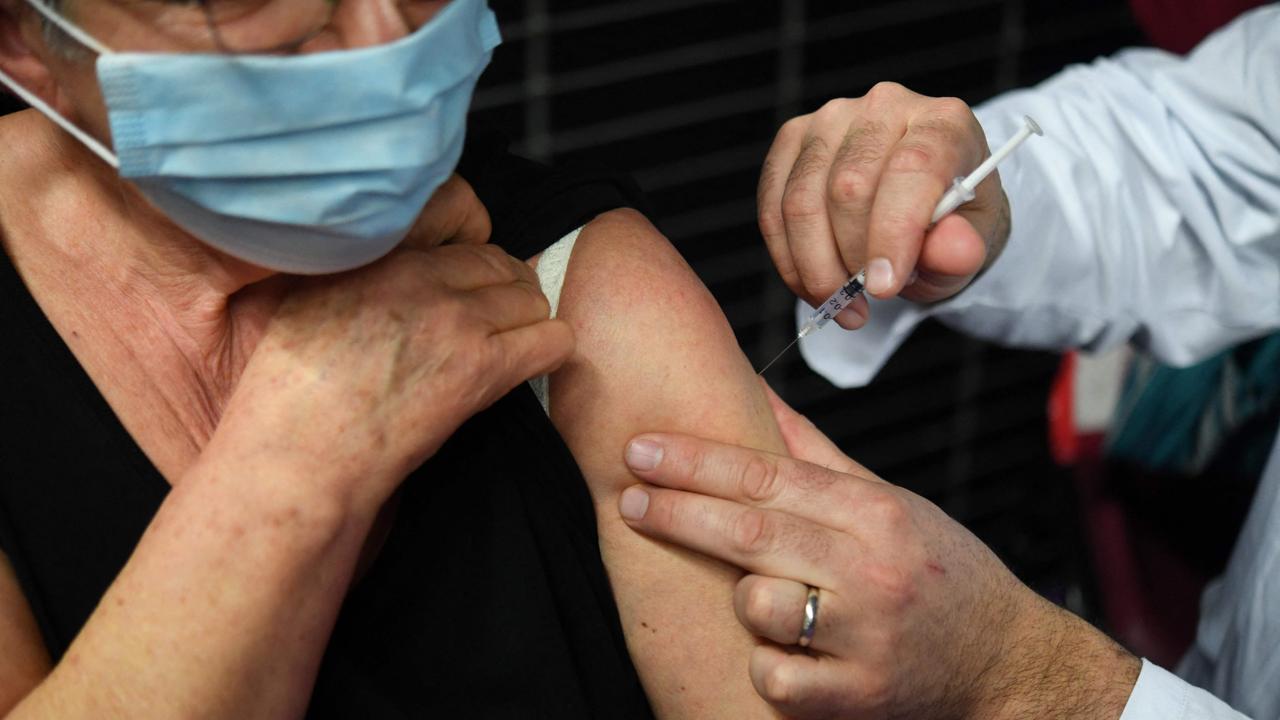Australia’s first case of bird flu likely came from India: World Health Organisation
The World Health Organisation has confirmed Australia’s first case of bird flu is linked to a child that had travelled to India.

The World Health Organisation (WHO) has revealed Australia’s first human infection of the avian influenza virus case, or bird flu, likely came from India.
WHO alerted health authorities in Australia that a suspected case of avian influenza A (H5N1) virus was detected in Melbourne, which was later confirmed by the Victorian health department.
A WHO investigation found a 2.5 year old girl who had travelled to Kolkata in India between February 12 and 29 and returned to Melbourne on March 1, had likely contracted the disease before returning to Australia.

The child was admitted to a Melbourne hospital on March 2. In the following days her condition worsened and she was transferred to the intensive care unit where she remained for a week.
The child was discharged from hospital 2.5 weeks later and is now reported to be clinically well.
The Victoria Department of Health reported the child had started to feel unwell on February 25, she had lost her appetite, was irritable and had a fever.
On February 29, her family took her to a doctor in India when she started to experience a fever, coughing and vomiting and was given paracetamol.

The family reported they did not travel outside of Kolkata while they were in India, and did not have any exposure to any known sick people or animals while they were there.
Tests were carried out on the child while she was in hospital, which tested positive for influenza A and were sent to WHO for further characterisation.
WHO confirmed there was insufficient knowledge from the referring health authorities to connect the case to the H5N1 virus.
The virus circulates in South-East Asia and has been detected in previous human infections and in poultry.
The Department of Health is supporting Agriculture Victoria in responding to an outbreak of avian influenza among birds at a poultry farm in regional Victorian.

Victoria Department of Health chief health officer Clare Looker said testing confirmed this outbreak was not related to this human case and that contact tracing has not identified any further cases of bird flu.
“This is the first confirmed human case of highly pathogenic avian influenza in Australia, and the first time the H5N1 strain has been detected in a person or animal in Australia,” she said.
“The seasonal flu vaccine doesn’t protect against avian influenza.
However, it can help prevent the mixing of highly pathogenic avian influenza with seasonal influenza, which can lead to new mutated viruses that could spread rapidly.
“This highlights the importance of seasonal influenza vaccination, particularly for poultry workers and those travelling to areas with outbreaks, to reduce the risk of new human pandemic viruses emerging.”



